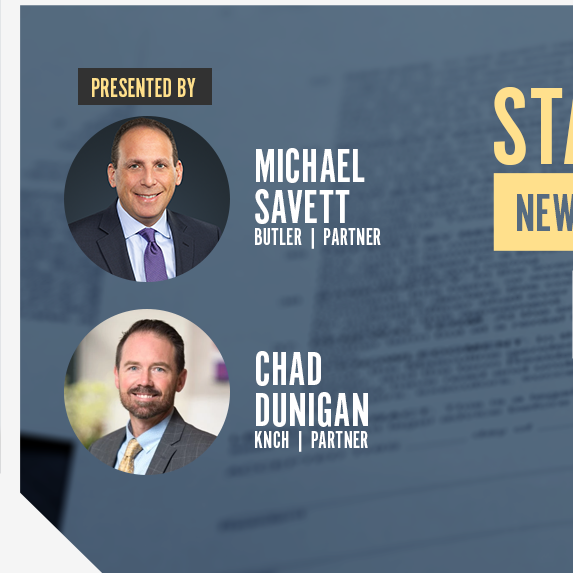
Southern District of Florida Awards Duplicate Medicare Lien Payment
June 4, 2015
In a puzzling decision on the resolution of Medicare liens entered on March 16, 2015, the United States District Court for the Southern District of Florida found that a private insurer, Humana Medical Plan, which provided Medicare Advantage Medicare benefits, had a private right of action to pursue reimbursement directly from a primary payer, Western Heritage Insurance Company, and awarded Humana Medical Plan double the amount Western Heritage previously paid to the underlying Plaintiff to settle her claimed medical expenses. The case is Humana Medical Plan, Inc. v. Western Heritage Insurance Co, 2015 WL 1191208 (S.D. Fla. March 16, 2015).
The “double damages,” which factually resulted in Western Heritage paying triple the amount of the Medicare lien, were awarded based on the fact that the Medicare lien was not paid within 60 days of a primary payment as provided by 42 C.F.R. § 411.24(h), despite the fact that the underlying Plaintiff was actively litigating her entitlement to a reduction of the lien based on her procurement costs in a separate state court proceeding, attested in her settlement agreement that there were no outstanding Medicare liens, and the Centers for Medicare and Medicaid Services (CMS) issued a letter stating that it had no record of processing Medicare claims on behalf of the underlying Plaintiff. Western Heritage became aware of the alleged lien right before it tendered the settlement payment and included Humana on the settlement check, but was ordered by a state court judge to issue the full settlement check without including any lienholder. The state court judge ordered Plaintiff’s counsel to hold sufficient funds in trust to resolve all medical liens. The federal order was issued despite the fact that Plaintiff previously obtained a reduction of Humana’s lien amount in the state court declaratory action based on the amount of her recovery and procurement costs, which was appealed by Humana. That appeal remains pending.
The federal court noted that the primary payer must reimburse the MAO Medicare Advantage benefits provider even though it has already reimbursed the beneficiary or other parties, and the obligation to pay within 60 days applies whether the third-party payment comes from a settlement or stipulation. The federal court also noted that Humana previously sent the underlying Plaintiff an Organization Determination Letter in 2010 alerting her to the amount Humana was owed, and she failed to challenge that determination through the administrative procedures set up to do so, thus disallowing any further judicial scrutiny of that claim amount.
We will monitor appellate decisions in both cases, and provide related updates. In the interim, we recommend that the source of payment of medical expense payments be thoroughly investigated prior to settlement, and that settlement agreement require direct payment of Medicare liens by the settling entity’s carrier within 60 days of any settlement payments.
For any further questions, please contact Ryan Garrett.



